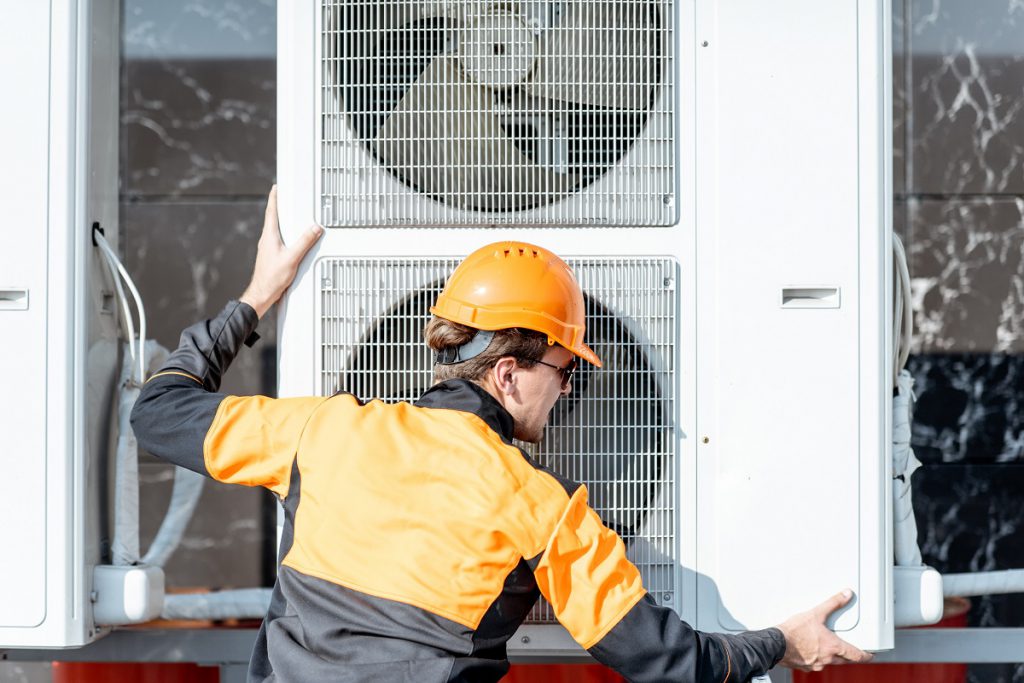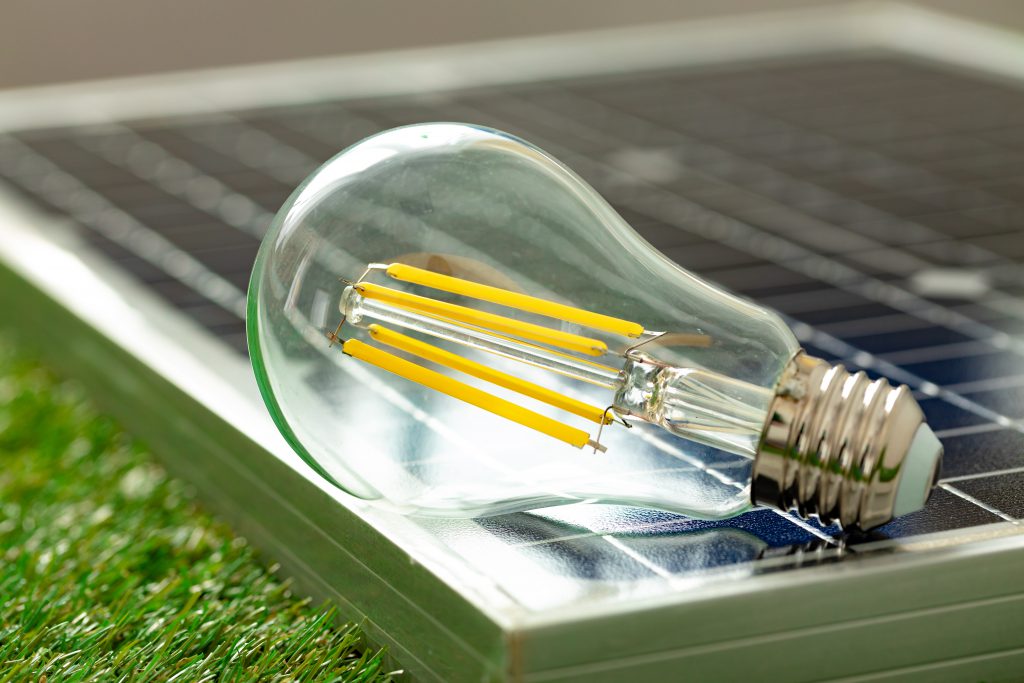Heat Pumps Contribute Significantly to the Reduction of Carbon Emissions
A heat pump is a device used for heating and cooling interior spaces. It uses electricity to either heat or cool air inside a home or business. This is done using refrigeration technology. The most common types are referred to as ground source, air source or water source heat pumps.
A heat pump has three main components: compressor, condenser coil, and evaporator coil. The compressor forces refrigerant through the system, where it absorbs heat from the indoor environment and transfers it to the outdoor environment. This causes the temperature of the indoor space to drop. The evaporator coil then releases heat into the interior. Heat pumps can be expensive to install, but they provide savings over conventional heating systems.
What Kinds of Heat Pumps Are Available?
Today, the three primary types of heat pump systems; air source, ground source and water source, are widely used. Ground source heat pumps utilize geothermal energy from the Earth to generate heating and cooling. Air source heat pumps utilize outdoor air to cool and heat residences. Water source heat pumps employ the use of water to achieve these functions. All of these heat pump models are used in residential and commercial settings.
Ground Source (Geothermal) Heat Pumps
Typically, ground source heat pumps are installed beneath foundations or in basements. These units take heat from the ground and transport it to the interior through pipes buried near the foundation walls. Due to its reliance on the Earth’s natural temperature, the system maintains stable temperatures throughout the year.
Air Source (Thermoelectric) Heat Pumps
In contrast to ground source heat pumps, air source heat pumps use outdoor air for heating. Unlike ground source heat pumps, these devices require electricity to work.
Water Source (Water-to-Water) Heat Pumps
A water source heat pump can transfer heat from low-temperature to high-temperature water. The low-temperature source may be ground water, industrial cooling water, or process water that needs to be refrigerated.

How Heat Pumps Can Contribute to a Cleaner Future
When attempting to lower a building’s carbon footprint, heating, cooling and water use are important variables to consider, as they contribute significantly to emissions. In fact, they are believed to account for more than one-third of the total carbon emissions in urban areas. To combat this, the technology to heat buildings in a more energy-efficient and renewable manner, namely heat pumps, is currently accessible.
The use of heat pumps is an essential strategy for lowering carbon emissions, as they have the potential to deliver CO2 savings of up to 70% compared to conventional electric heating and up to 65% compared to the most efficient models of gas boilers. Depending on the time of year and type of heat pump, approximately 66% of the energy required to heat a building with a heat pump comes from natural sources.
The remaining 34% is derived from electricity, which, if derived from renewable sources such as solar or wind, can theoretically reduce a heat pump’s carbon footprint to zero. In addition to providing renewable heating, heat pumps also reduce operating costs and increase the efficiency of both commercial and residential buildings.
Heat pumps have become the preferred option for building managers planning restorations or new construction, as they are intended for both retrofitting and installation in new properties and may even be integrated with existing heating systems.
As a scalable system, they may be utilized in large commercial or multi-residential buildings. A network of heat pumps is an effective way to minimize carbon emissions and the operating expenses of a group of connected properties.
Invest to Go Green With Gas and Electricity
While this solution alone will not allow us to reach the desired reduction of emissions, implementing low-carbon heat technology into our homes and commercial properties will nevertheless be important for reaching our goals and reducing our overall dependency on fossil fuels.
Choose BKR Energy as your preferred reseller and prepare for an energy-conscious future. By taking advantage of innovation, you can join thousands who have already positioned themselves on the leading edge of technology. With our cloud-based smart dual fuel controller, convenience plus energy savings plus homeowner incentives equals a win-win proposition for your business and the future of the low-emission environment.



